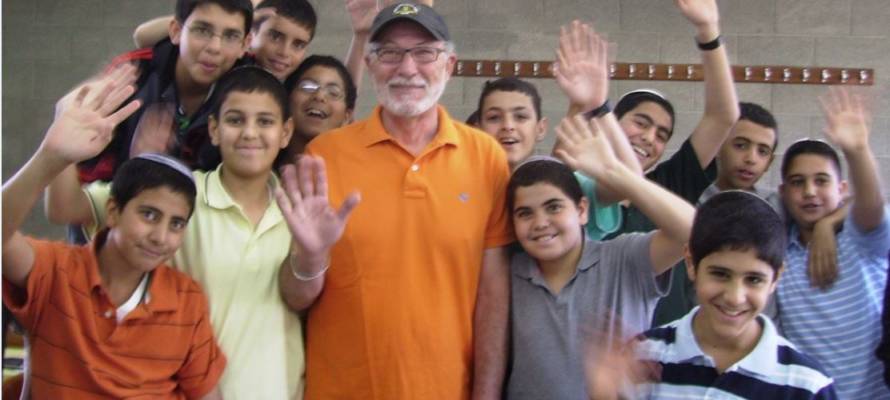“If you hurt an orphan or a widow, I will hear their cries and I will take revenge against you.”
This week’s Torah portion is “Mishpatim” (Exodus 21:1-24:18), and it contains the bulk of Jewish civil and monetary law. One of these laws is the prohibition against mistreating orphans and widows. As God says, “If you hurt an orphan or a widow, I will hear their cries and I will take revenge against you.” [Exodus 22: 21-23].
It is noted that there a very few transgressions in the Torah where God gives both a warning and then a threat that He Himself will take revenge. Indeed, there are additional verses in Scripture where God speaks of His “anger” at those who hurt orphans and widows. There is also discussion about a “covenant” that God made with orphans and widows. Suffice it to say, hurting orphans and widows is a severe transgression.
So, too, I read a story involving the saintly “Chafetz Chaim” (Rabbi Yisrael Meir Kagan 1839-1933). When the Chafetz Chaim would see that someone was mistreating an orphan or a widow, he would say, “You’ll see…this person will be punished!” Such a statement was very out of character for the Chafetz Chaim. He was the real “peace and love” type, not the vengeful type. He never spoke of punishments being meted out for sins…except for this sin.
Back in the day, in Russia, Jewish children would be forcefully taken from their families and sent to the Czar’s army. The army service was not three or four years, but more like 30 to 40 years. Such children were essentially lost from their families and Jewish life, and often were never seen again. There was nothing worse than getting sent to the Czar’s army. This led to people trying to have their children saved from the draft and quotas by informing the authorities of other children who could be taken instead. Orphans were the most vulnerable in this regard, as they had no parents to defend them or advocate for them.
There was once a wealthy Jewish butcher whose son was supposed to be drafted into the army. He bribed an officer to take an orphan rather than his son. When the Chafetz Chaim heard this story, he said, “Wait and see. This man will receive punishment and pay the price.” Thirty years later, the butcher’s son came down with cholera and died. The burial committee refused to deal with the body due to the contagious disease. His father, the butcher, had to dig a grave and bury his son with his own hands.
As mentioned, this week’s Torah portion contains scores of laws and commandments, primarily in the civil and monetary realm. One will note that these civil and monetary laws follow last week’s Torah portion that contained the Ten Commandments. The message is clear: You cannot be a Torah Jew simply by keeping kosher, keeping Shabbat, and not eating bread on Passover. To be a Torah Jew you need all that PLUS a commitment to be a good person, to all people, all the time (especially orphans and widows).
By: Rabbi Ari Enkin, Rabbinic Director, United with Israel
For more insights by Rabbi Enkin on this week’s Torah portion, click on the links below:
https://unitedwithisrael.org/living-torah-the-youth-are-our-future/
https://unitedwithisrael.org/living-torah-we-all-need-our-ear-pierced-sometimes/
https://unitedwithisrael.org/living-torah-no-flaw-in-jewish-law/
https://unitedwithisrael.org/no-more-finders-keepers-losers-weepers/
